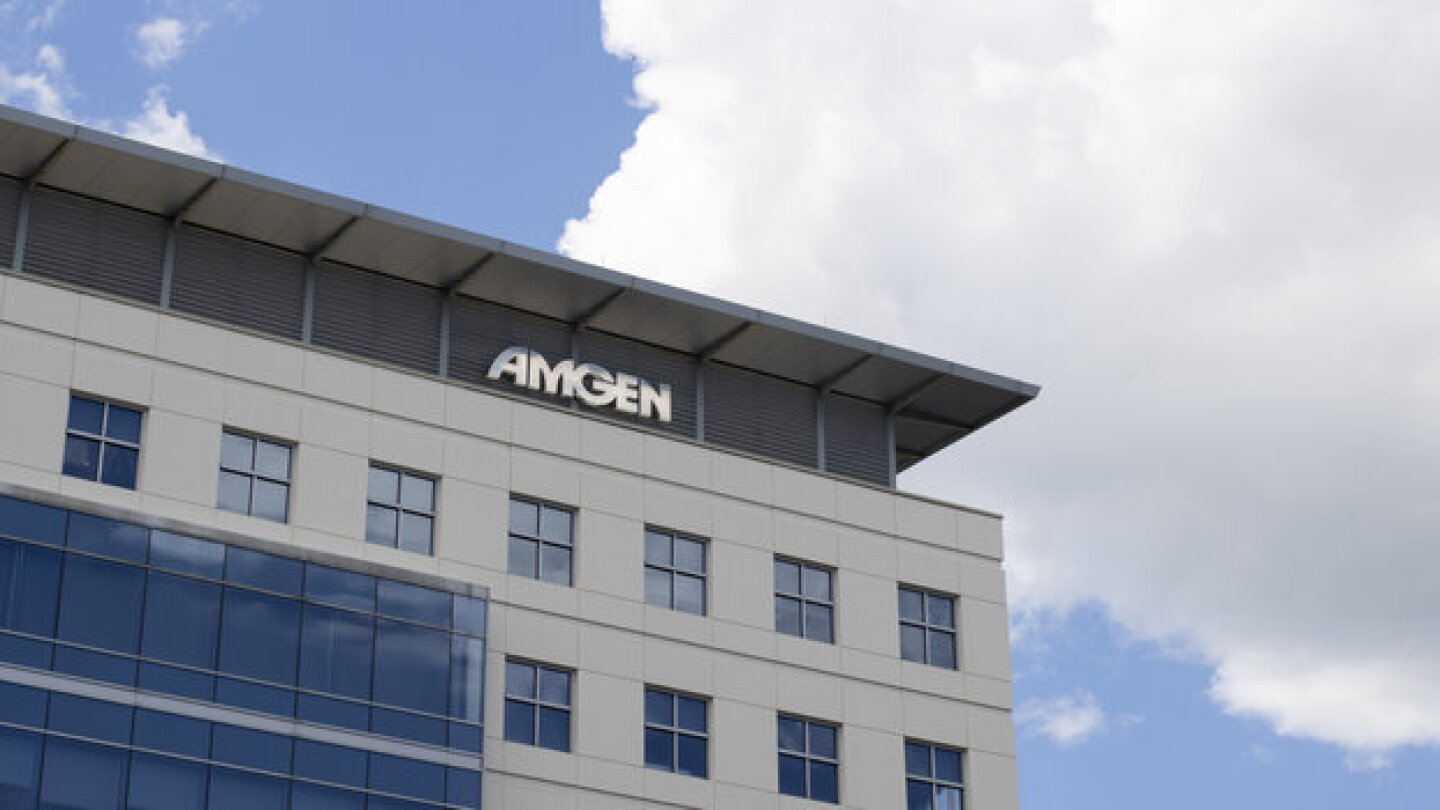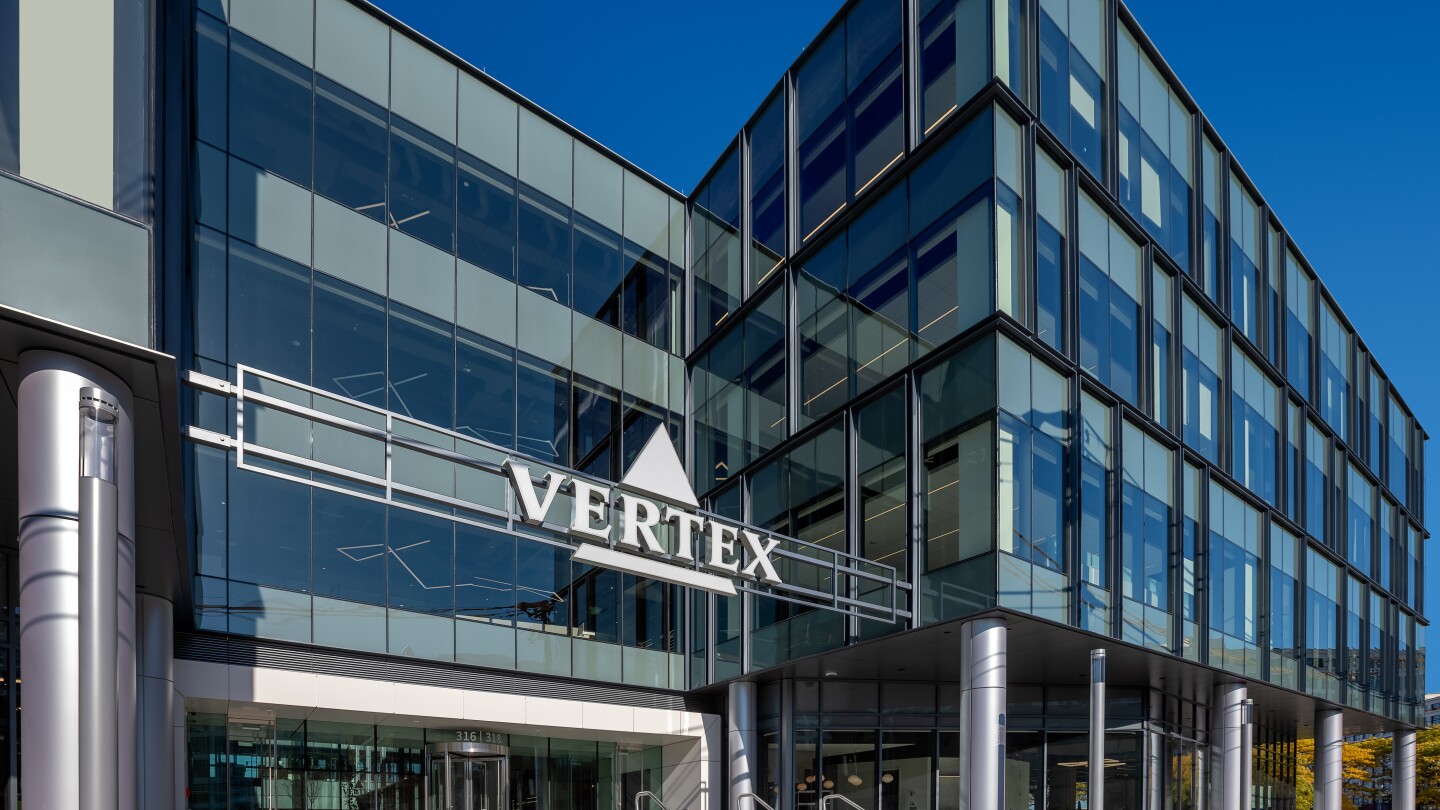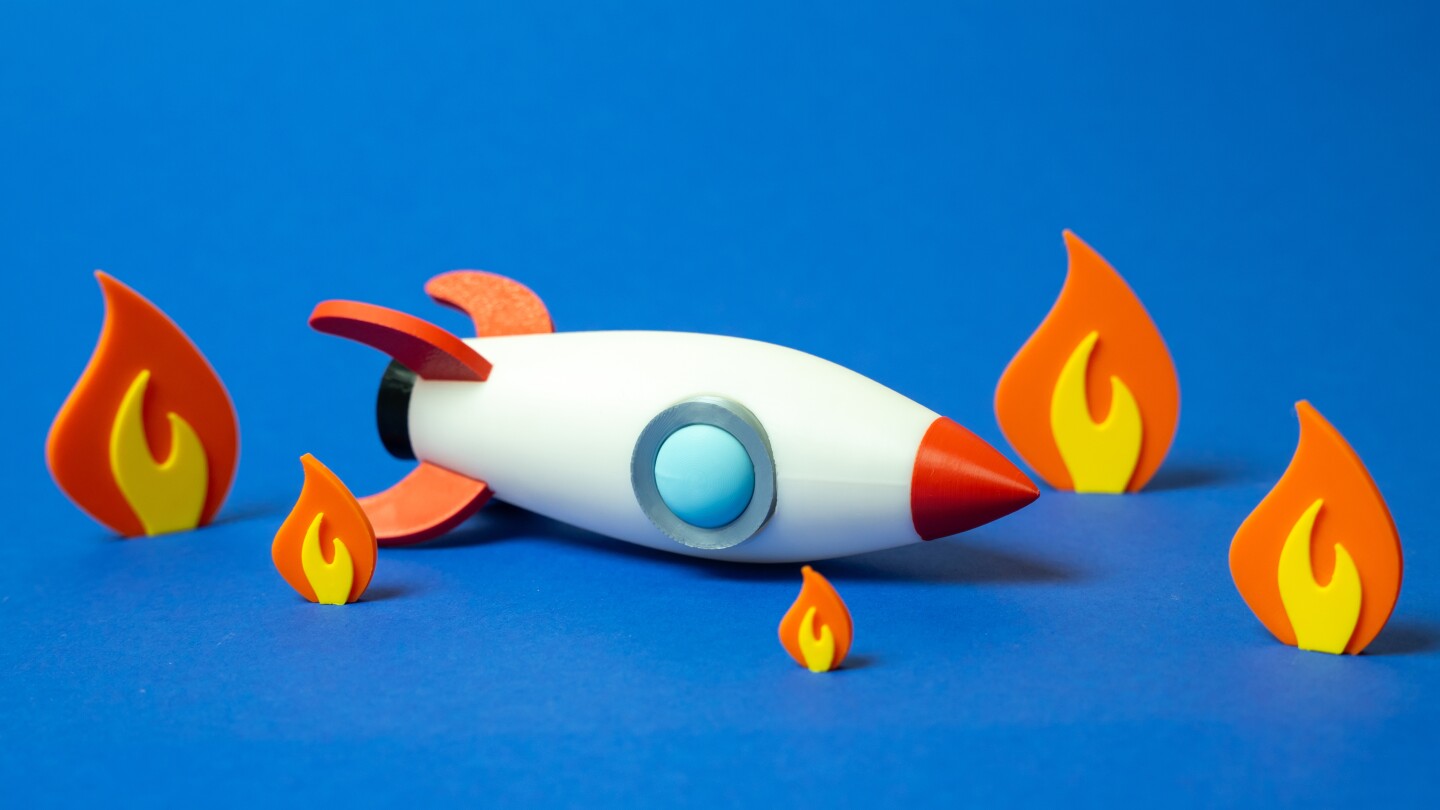Earnings
The company reported $200 million in net losses for the third quarter, but an aggressive and highly successful cost-cutting campaign is helping to stem the downward trend.
In an investor call Thursday, AstraZeneca CEO Pascal Soriot outlined his company’s approach to obesity drug development based on “the medical aspect” of weight loss, including driving down visceral fat.
Pfizer and Novo Nordisk seem to want Metsera bad. Analysts are wondering, though: Is the obesity biotech really worth this much effort?
Investors got to hear Novo Nordisk’s side of the Metsera bidding war drama for the first time on Wednesday, as the company reported third-quarter earnings. A rough quarter underscored the stakes for the Danish pharma.
Pfizer and Novo Nordisk continue to fight for ownership of obesity startup Metsera; CDER Director George Tidmarsh leaves his position amid an ongoing probe into his “personal conduct”; FDA reverses course on approval requirements for uniQure’s Huntington’s gene therapy; Sarepta’s exon-skipping Duchenne muscular dystrophy drugs fail confirmatory study.
Harmony Biosciences has paused a mid-stage trial of ZYN002 in 22q11.2 deletion syndrome after the THC-free cannabinoid drug failed to significantly improve social avoidance in a late-stage study in fragile X Syndrome.
Amgen remains confident in its obesity asset MariTide, for which it has launched a broad Phase III program.
Due to the litigation Pfizer filed Friday and Monday against Metsera, Novo Nordisk and the biotech’s lead shareholder, CEO Albert Bourla was limited in what he could say. But he said Pfizer was the best fit for Metsera.
The potential approval of Vertex’s IgAN therapy povetacicept in 2026 comes amid launch headwinds for the company’s non-opioid pain medicine Journavx and gene therapy Casgevy.
Sarepta nevertheless plans to push for full FDA approval of Vyondys 53 and Amondys 45 based on what it said are “encouraging trends” in efficacy.
PRESS RELEASES










